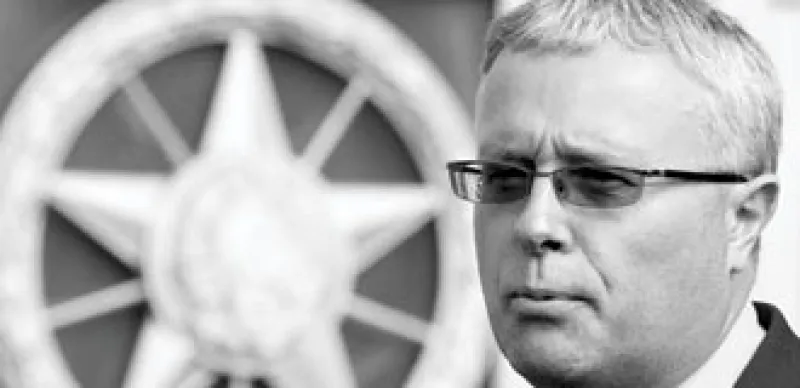
Russian Oligarch Alexander Lebedev Displays His Czar Survival Skills
Alexander Lebedev and other Russian oligarchs are displaying highly imaginative survival skills.
Jonathan Kandell
November 8, 2009


